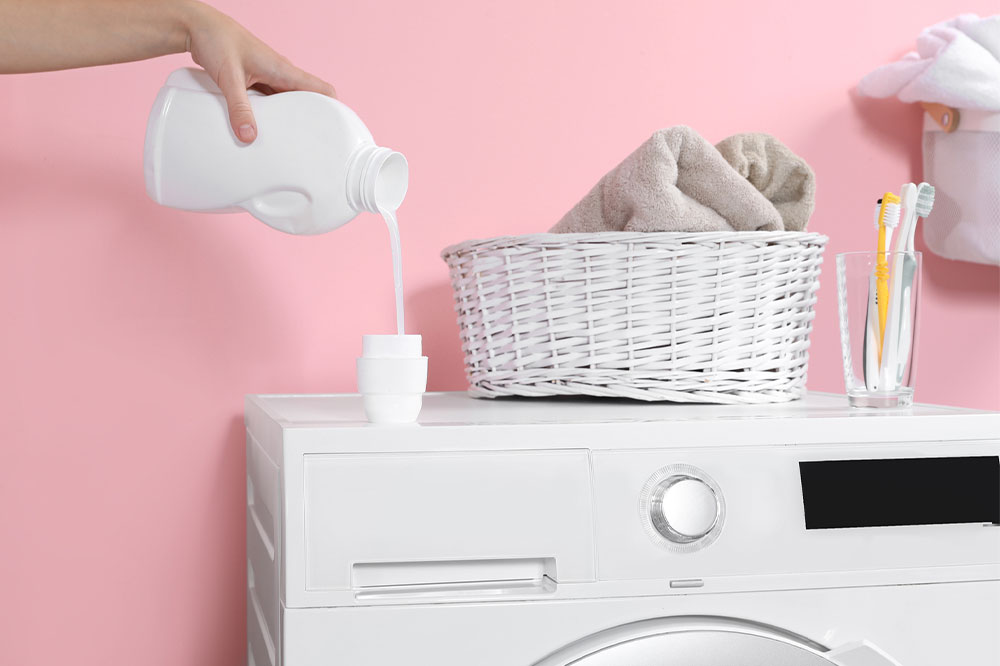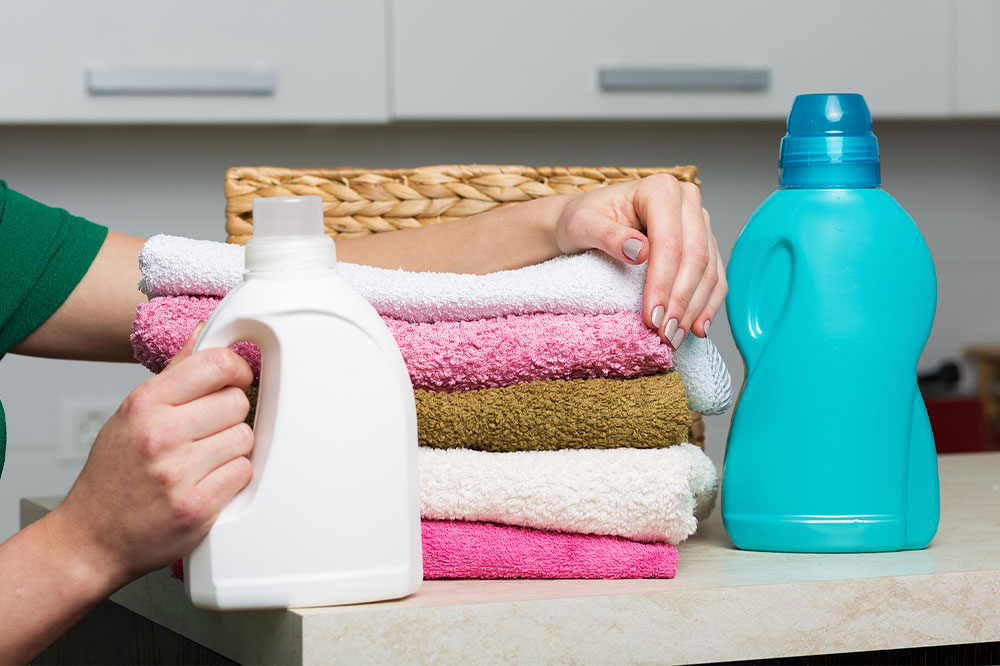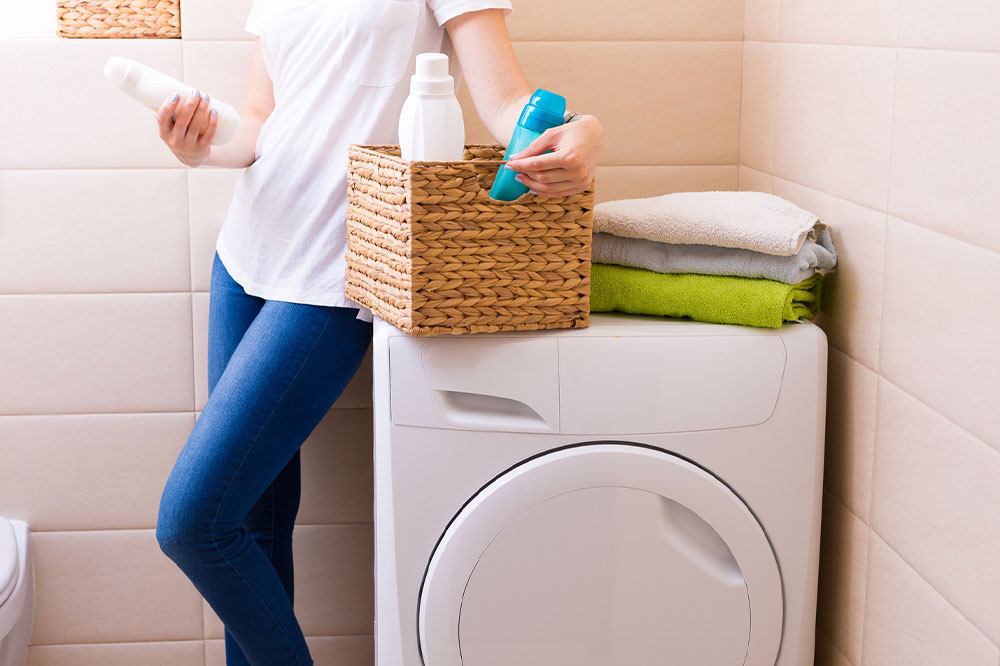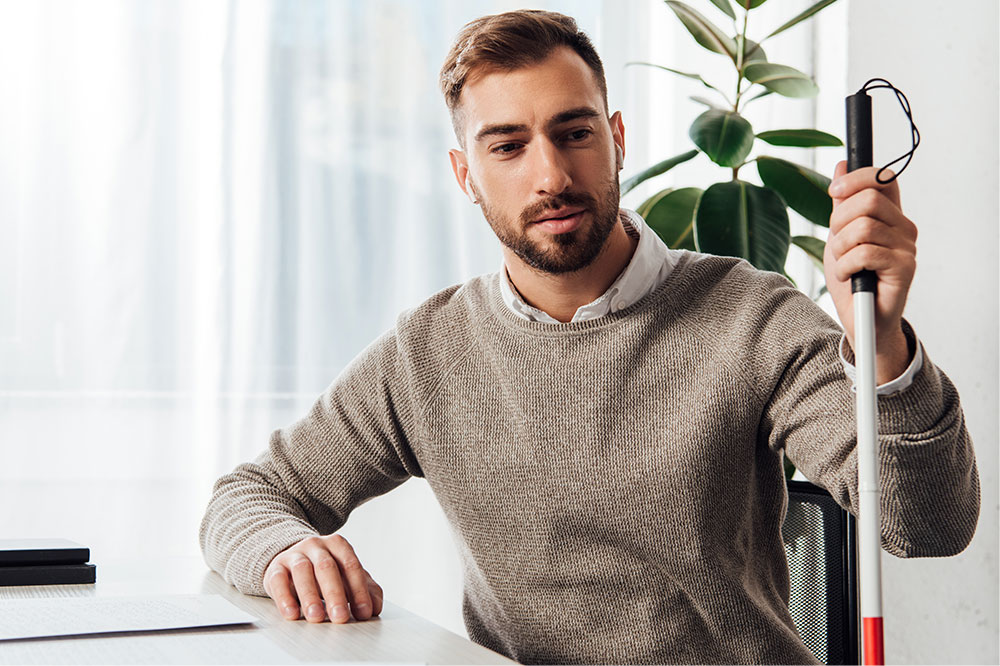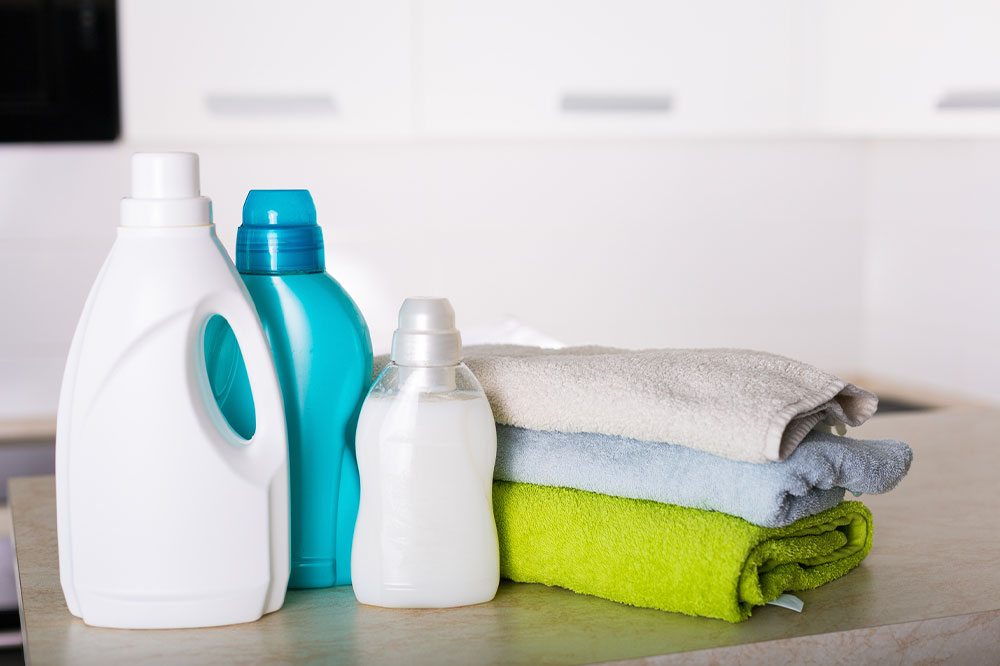6 common water filtration mistakes people make
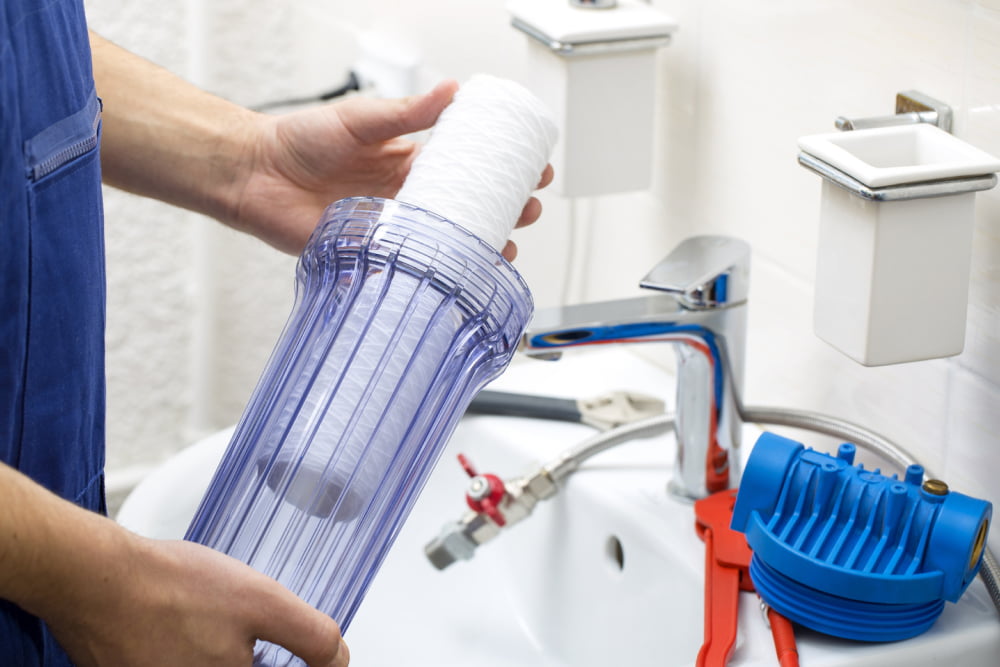
Water filtration systems are indispensable for homes and workplaces. They are responsible for providing people with safe drinking water. They help keep the water people consume clean, purified, and free of harmful bacteria and other disease-causing agents. Given their importance, one must invest in a well-performing filtration system. This includes being aware of certain mistakes to avoid when choosing one. Here are some such water filtration mistakes one must avoid:
1. Not getting water professionally tested
Installing a filtration system is critical for the health and well-being of the people using it. Therefore, professionally testing the water that comes out of it is necessary after it is installed in a facility. Annual water testing is useful to ensure that the water remains clean and safe to consume. A water tester determines whether a given water sample has contaminants and health-threatening elements. Before installing a filtration system, testing helps buyers know which type of filtration system will be best suited for their consumption.
Overlooking water testing results in people not knowing which elements are to be filtered out of the water they consume. Therefore, water testing is not a luxury but a necessity for filtration systems.
2. Not looking into underlying issues
Many contaminants and disease-causing bacteria are difficult to detect in a glass of water. This makes it increasingly harder for people to eliminate them from the water they consume. Many individuals try to detect the underlying water issues by smelling them. So, if a given water sample has a rotten egg odor, it is assumed to be impure. While this may work in certain situations, it does not help people identify the exact underlying problems with the water. For instance, the odor could be due to the presence of sulfur in the water or other reasons.
Therefore, before purchasing a water filtration system, people must fully understand the main contaminants polluting their water. Knowing these problems helps people purchase the right kind of filtration systems to get rid of them most effectively.
3. Getting the wrong type of pump
Pumps are used in filtration systems to move the water through the various filters and out of the system for consumption. While a pump may not seem like a critical part of the grand scheme of things, it drastically affects the filtration process. For instance, double-diaphragm pumps are powerful options to push water through the system. However, they can occasionally affect the contaminant filtering element of the system, making the water that comes out of it, on many occasions, impure and unfit for consumption.
Centrifugal and gear pumps may not have the same force, but they are cleaner alternatives to double-diaphragm pumps. There are better options further down the line, too, but each kind of pump has inherent pros and cons. So, one needs to select the option that, in their opinion, has the least number of negatives.
Choosing the right kind of pump influences outcomes such as how smoothly a filtration system works and how efficient its cleaning mechanism is. These are both important consideration factors; hence, choosing the right kind of pump is critical while purchasing and installing filtration systems.
4. Mixing up the inlet and outlet of the filter housing
When someone swaps the housing inlet or outlet with the other in a filtration system, there are serious issues with the overall working mechanism of the system. This mistake is also known as “reversing” the piping of the filter housings. Filters can only handle flow in a single direction, so reversing this direction by swapping the inlet and outlet filters causes damage or destruction. As a result, doing this swap results in extra costs spent on repairs and replacements.
5. Buying a filtration system without researching its pros and cons
Research is key before purchasing any product or subscribing to any service. Not doing so could lead to one buying products and services that are not right for them and eventually needing to replace them with another water filtration system. Before choosing a filtration system, people need to check its online reviews and customer comments on e-commerce websites (if the purchase takes place through the online medium). Additionally, people can consult their friends, family members, neighbors, and other familiar faces who have used the same product about their consumer experience. Going through all this information helps people know each system’s pros and cons and gives them enough data to make a measured and well-informed purchase decision.
6. Not considering repairs and maintenance
People need to check the proximity of service centers and ease of communication with a manufacturer’s customer service before purchasing a filtration system. Considering these factors helps to know more about their repairs, maintenance costs, and convenience if the system breaks down after buying.
One can research this aspect online, too, to get the best results after purchasing a filtration system.
Apart from these, some other mistakes include taking untested claims at face value and not replacing filters regularly.


